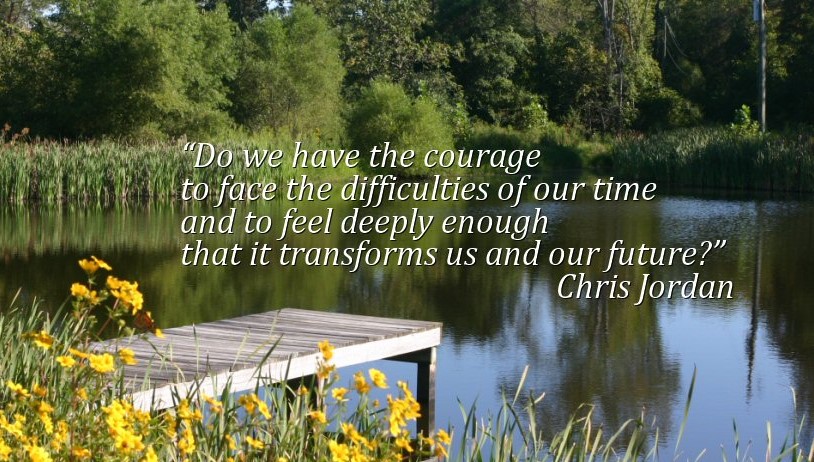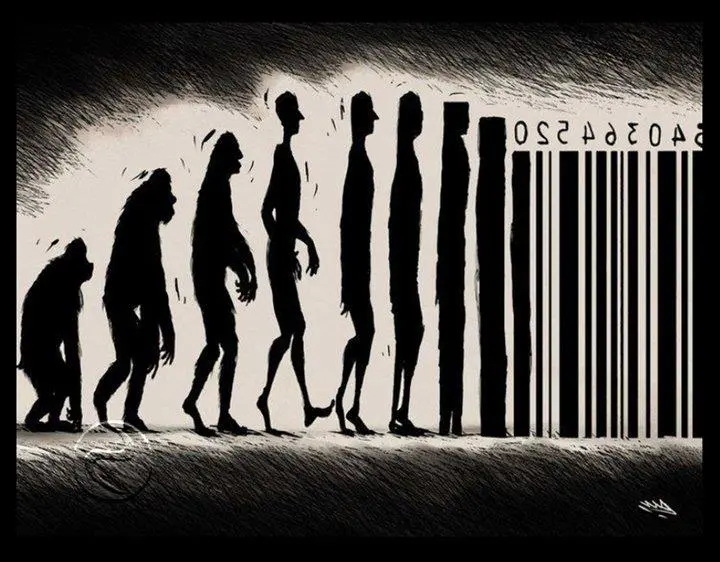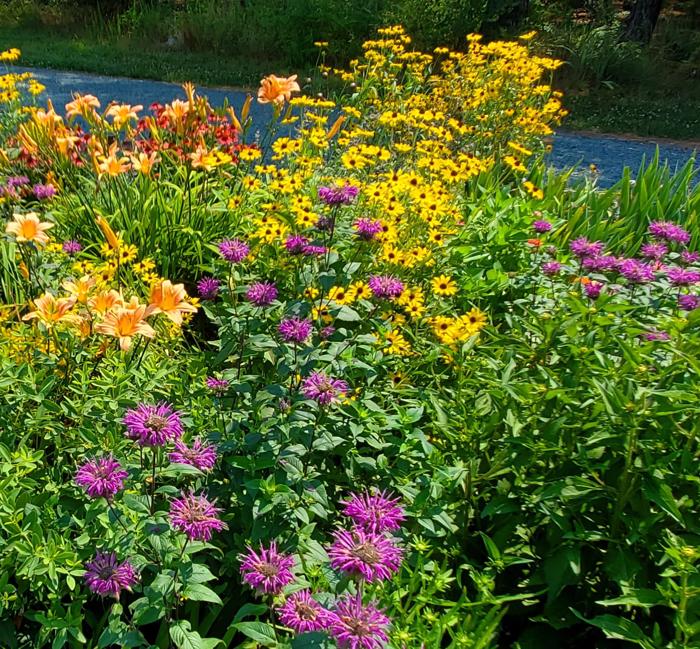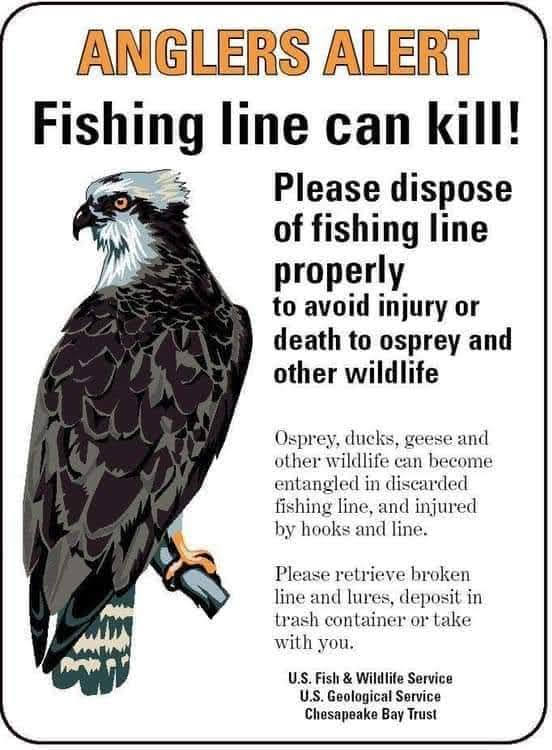Scientists now call our current geologic age the Anthropocene, recognizing human activity as the dominant influence on climate and the environment. The choices we make now shape life throughout the broader environment.
To care for nature is to treat it with reverence. It’s easy to feel that our individual choices don’t matter much. But they do matter, both in their effect and in their ability to inspire and spread change among others. Our opportunity is to become aware of our effects and strive to make them as beneficial as possible.
- Some of the ways we cause harm to nature…
- Everything on our planet is interconnected – and we are part of the equation
8 Habits to limit harm to nature
1. Learn about climate change
- How important is personal action to combating climate change? | The Economist
- The 35 Easiest Ways to Reduce Your Carbon Footprint – Sustainable Living
- Katharine Hayhoe: The most important thing you can do to fight climate change: talk about it
- Calculate your carbon footprint here: Carbon Footprint Calculator
- Living Energy Farm – Welcome to the Energy Revolution – an intentional community in Louisa County with a mission “to serve as an example and actively promote lifestyles and technologies that are truly sustainable, and to make these sustainable technologies accessible to all persons regardless of their income or social position.”
- Community Climate Collaborative – In Charlottesville and Albemarle County, “C3 catalyzes climate action at the community level through collaboration, programs, and advocacy which directly reduce climate pollution and elevate the climate leadership of Virginia communities.”
- How Whales Change Climate and How Wolves Change Rivers | YouTube

“The enormity of the problem has only just dawned on quite a lot of people … Unless we sort ourselves out in the next decade or so we are dooming our children and our grandchildren to an appalling future.”
David Attenborough: ‘The Garden of Eden is no more’
2. Practice conscientious consumerism
In a world driven by our consumer choices, the most humane choice we can make is to be a conscientious compassionate consumer. While it’s easier than ever to make humane consumer choices, it still takes effort, practice, and support to do so. We can start by aiming for minimal waste and simply buying less “stuff” and more second-hand products.

3. Practice humane gardening
When we garden humanely, we learn how native plants and animals depend upon each other for health and survival. We strive to support those fragile relationships by choosing native plants and creating conditions that allow nature to thrive.

4. Practice respect for wildlife
Get acquainted with local wildlife rehabilitation centers and rehabbers and/or join social media groups to learn about the wildlife we encounter and what to do when we find animals in distress.
- The Wildlife Center of Virginia
- Blue Ridge Wildlife Center
- Richmond Wildlife Center
- Rockfish Wildlife Center
- Southwest Virginia Wildlife Center of Roanoke
- Wildlife Rehabilitators in Virginia
- Virginia Wildlife | Facebook (From a group member: “This morning I was startled by a big spider in the sink. Because of this site, I scooped it out and set it free. No more smashing spiders. I’ve come a long way. I think this site is the best thing on Facebook.”)
5. Adopt wildlife-friendly farming practices
- Wildlife considerations for farmers
- Fostering Wildlife-Friendly Farming And Recognizing Biodiversity As Critical to a Fully Functioning Farm – Rewilding
- Land sparing or wildlife-friendly farming? – Joern Fischer
- Tips For Fawn-Friendly Farming – North American Whitetail
- Vegan Organic Agriculture
6. For Hunters, Practice and promote responsible hunting
- Responsibility, Safety Skills, Knowledge, and Involvement | Hunter-ed.com
- General Information & Hunting Regulations | Virginia DWR
7. Be vigilant about common hazards and practice prevention
8. Practice safe waste disposal
Take time to consider what waste we’re putting into the environment and what may happen to that waste. Will wildlife be drawn to it? Will it poison the soil, water, air? Are there ways we can make it less harmful?
- Reduce, Reuse, Recycle | US EPA
- What You Can Do | US EPA
- Composting At Home | US EPA
- Specialty Waste | Virginia DEQ
- Wildlife Over Waste
More ideas or questions about how we can avoid doing harm to nature? Join our Facebook group and share them.

